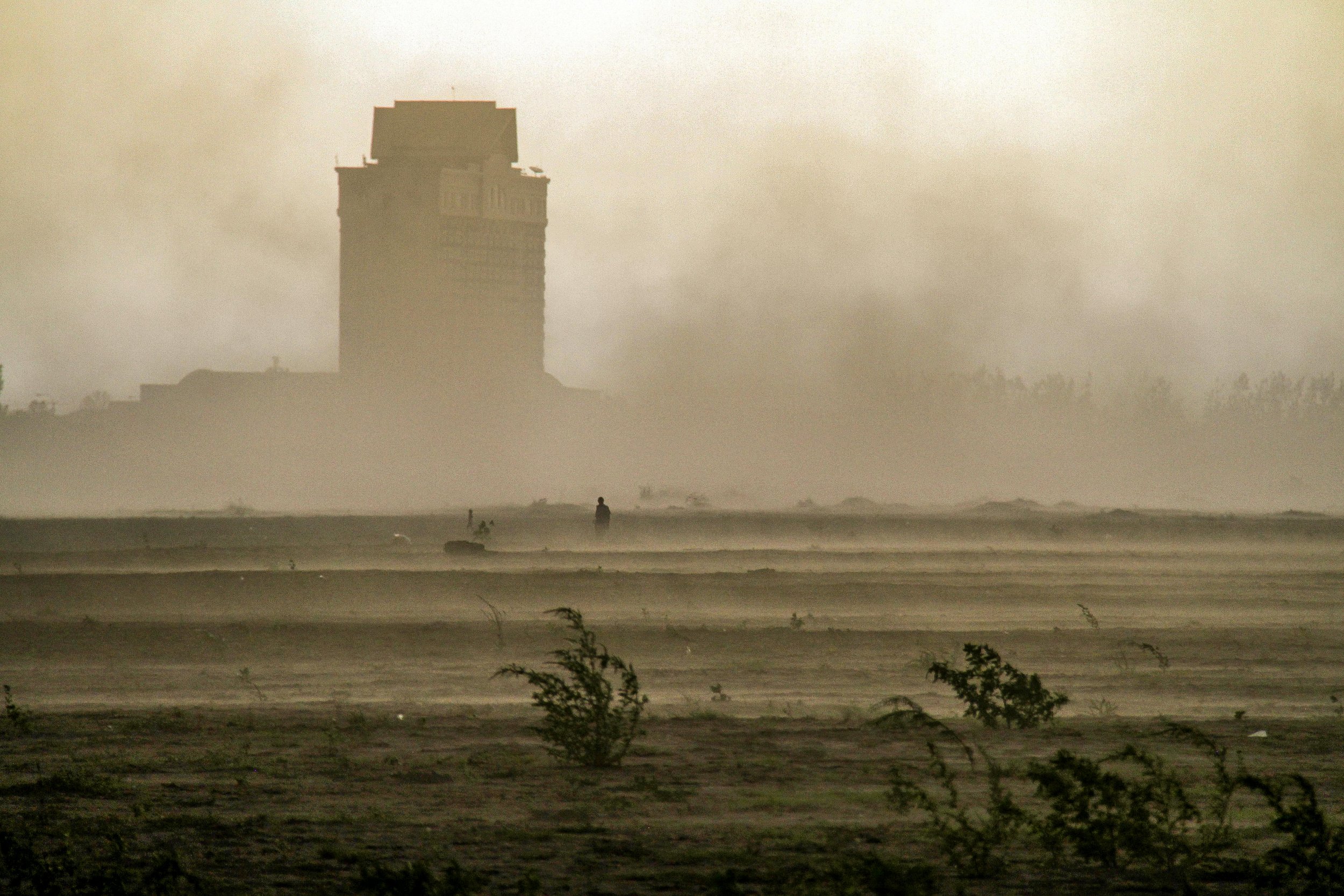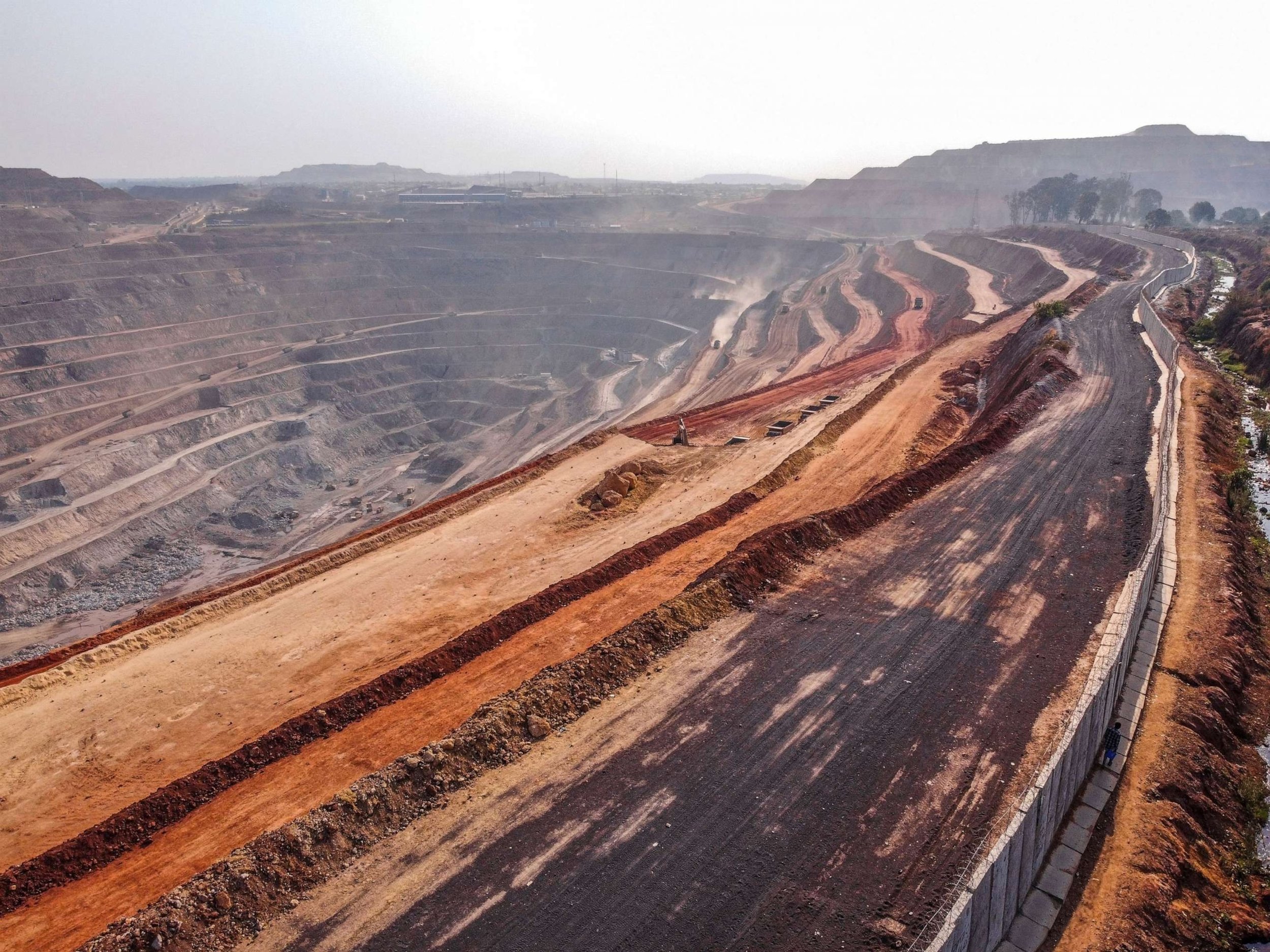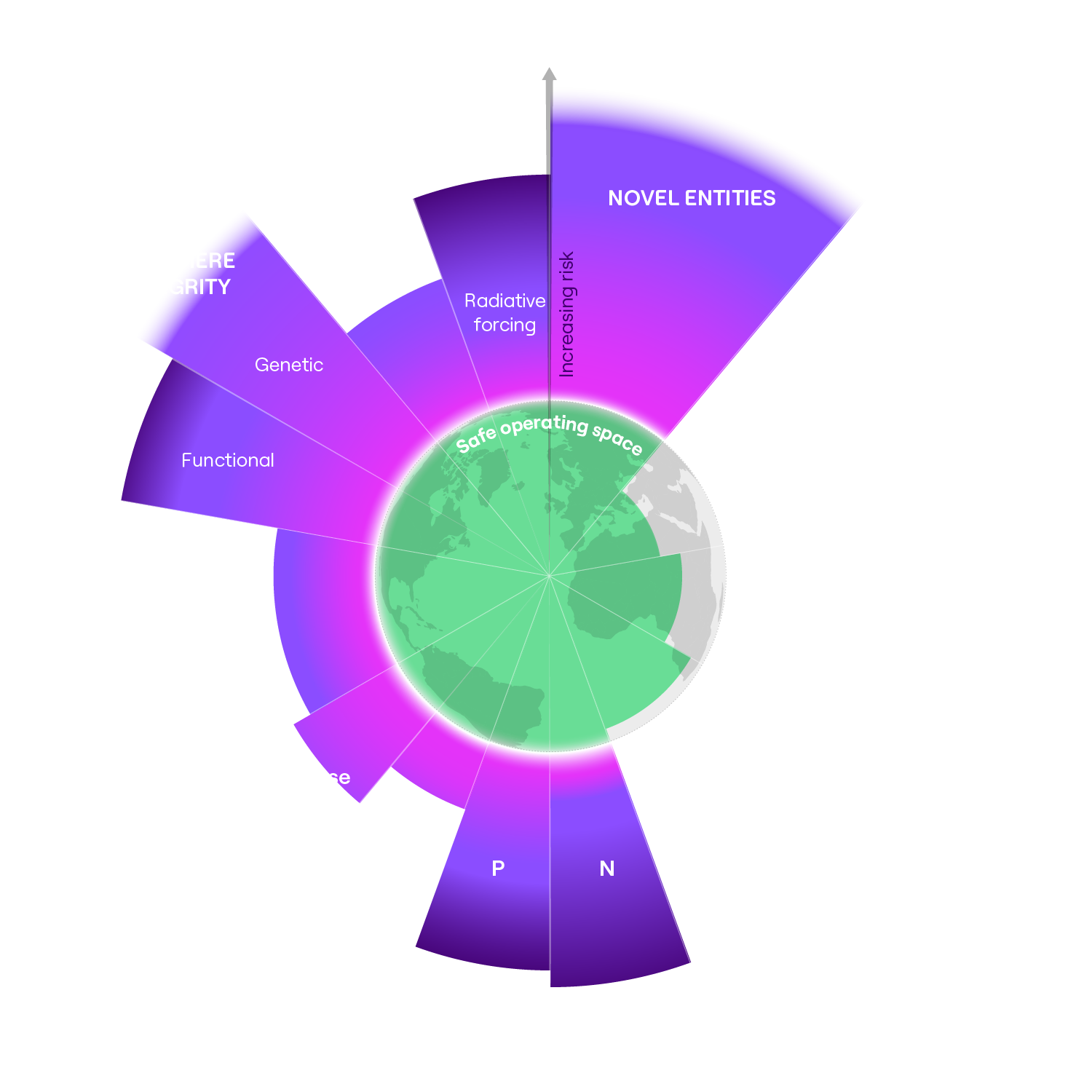
What is actually sustainable in a finite global system?
We’re at a critical juncture in human history, facing multiple simultaneously unfolding crises – ecological breakdown, social inequalities, economic instability, and rising geopolitical tensions – with a narrowing window to address them.
The choices made over the next 10-20 years will define the trajectory for future generations, making it essential that we actively steer this trend towards a sustainable and equitable future.
In response, Foxway champions a transformative vision for the tech industry, rooted in transparency, circularity and a commitment to degrowth. We advocate for reducing unnecessary production and consumption and the harmful side of the tech industry to respect ecological limits and social boundaries, while highlighting the true costs of our current linear consumption model. Our aim is to transform the industry by challenging outdated practices and building a pathway to a sustainable future.
Our ambition is to foster a deeper, more meaningful dialogue around technology and sustainability. Too often, society tends to look for simple fixes – “feel-good” easy solutions that may seem effective on the surface but can lead to unintended ripple effects due to an incomplete understanding of the interconnected planetary, economic, and social systems we inhabit. In light of today’s global challenges and the stark inequalities between the Global North and South, we aim to promote a more nuanced perspective within the tech industry. If you are involved in research, academia, or simply wish to discuss topics around tech and sustainability, we warmly invite you to reach out and join the conversation.
We aim to engage not only the sustainability-focused audience but also everyday users and buyers of IT.
Traditionally, we’ve been taught to see ourselves as the end of the value chain, responsible for scrutinizing upstream suppliers, partners, and products. At Foxway, we want to challenge this: in a truly circular economy, we’re all part of the value chain, with a responsibility to consider its full lifecycle. Circular economy demands shared responsibility. As buyers and users, we need to consider what we buy, who we partner with, how long we use our devices, and what happens to them after. If this resonates, keep an eye out for our soon-to-be-launched Circular Tech Procurement Guide and reach out with questions, feedback, or to explore how we can support your journey towards sustainable tech partnerships.
The future may look daunting, with pressing issues like environmental degradation, forced labor, and child labor in the tech value chain. But if enough of us adopt a circular degrowth-oriented mindset, we can drive significant change. The 2023 Circular Gap Report reveals that a genuine circular economy can help reduce our planet’s overshoot of ecological boundaries while it’s not a cure-all, it’s a good step forward.
Our website is just the beginning of our effort to foster a dialogue on the true cost of tech. We’re committed to authenticity and transparency, continuously improving our knowledge base, and appreciate all feedback and suggestions for improvement.
Foxway aims to become a company that acts authentically
sustainably within the planetary boundaries.
Planetary
Boundaries (PBs)
Are a set of nine critical Earth systems that sustain a stable planet: climate change, biosphere integrity, land-system change, freshwater use, biogeochemical flows (nitrogen and phosphorus cycles), ocean acidification, novel entities (e.g., plastics, chemicals), atmospheric aerosol loading, and stratospheric ozone depletion. While each is measured individually, these systems are interconnected—changes in one boundary often cascade into others. We’ve already breached 6–7 of these boundaries (the ones listed in bold, with ocean acidification still debated), disrupting the planetary stability that has enabled human civilization to emerge and flourish. Essentially, that is what is at risk here.
These thresholds are not targets
to flirt with, but hard limits to respect.
The goal isn’t to push against them as much as possible but to operate well within them. Ideally, we should aim for zero extinction risk, zero ecosystem degradation, and so on. As highlighted in this Cambridge University paper, the continued destabilisation of Earth’s systems could “create chaos for all sectors with the escalating risk of a collapse of the globalised economic system overall as a real possibility”. At Foxway, we view linking planetary boudnaries to our business as both a responsibility and an opportunity. It’s a chance to build a more robust framework for mitigating global environmental challenges while ensuring the resilience of our company.


